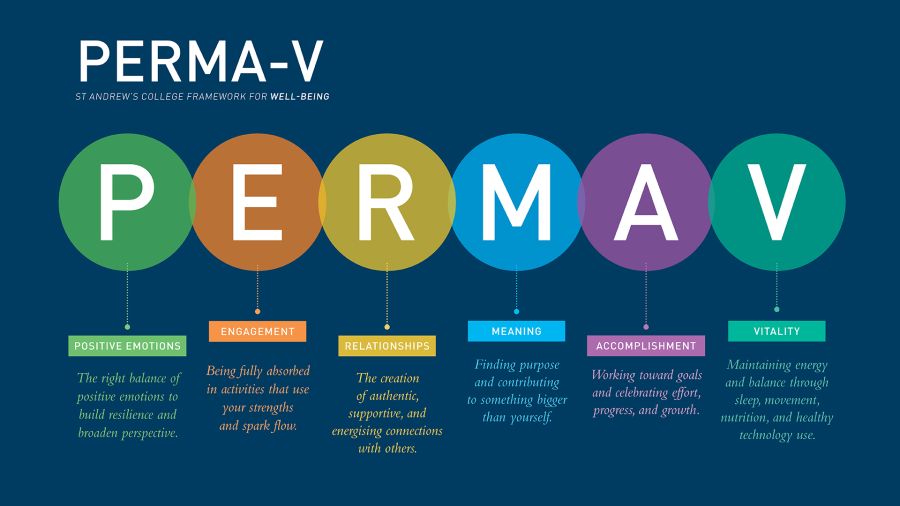Well-being: What do our students think?
13 October 2017
Written by Head of Well-being, Kerry Larby
Student voice is important. Yes? In the end, it is our students who are experiencing first-hand what it feels like to be a learner at St Andrew’s College. When it comes to considering where we should change and grow- their perspectives matter.
Some of my greatest learning as a teacher has come from reflecting on feedback given by my students. They want connection, relevant curricular, inspiration, collaboration and autonomy.
Every year, our Years 7–10 students complete the NZCER Me and My School Survey. This provides us with important feedback about how students feel about their learning, and life at St Andrew’s College. The results are affirming. Overall, our students are engaged in their learning, they feel they are making progress and have respect for their teachers. They feel proud to be St Andrew’s collegians. Compared to the national reference sample our students are highly engaged-emotionally, cognitively and behaviourally. Well-being is alive and well.

A key focus in developing an effective well-being strategy has been to collaborate with our students. This means a willingness to listen to them, to share decision making, and to generate goals together. We want our young people to know that their perspectives are valued and that they can be agents of change, both in school, and beyond.
In the first year of our whole school well-being goal, we have connected with over 300 students from all year levels.
We’ve asked questions…
What makes the greatest difference for your well-being at school?
Friendships and effective and supportive teachers have been reoccurring themes. It’s about people.
What do you value about St Andrew’s College?
Opportunities, strong relationships, a sense of community and connection, unique traditions and culture. These are the important elements of our culture students believe we need to hold on to. Noted.

Our middle school leaders and prefect team have used the appreciative inquiry approach to consider possibilities for organisational change related to well-being. You can read more about David Cooperrider’s appreciative inquiry model here.
The appreciative inquiry process uses powerful and generative questions to bring about positive change.
What do you see are the most exciting possibilities for improving student well-being at St Andrew’s College?
If you could develop or transform student well-being in any way you wished, what three things would you do?
What would well-being at St Andrew’s look like in five years if our whole school goal was implemented effectively?
Through the process, students have emerged who have a passion for well-being, psychology and leading change. And now they are beginning to lead initiatives they are inspired about. They are getting the opportunity to think creatively and critically, and to express their values. It’s good stuff.
Developing a well-being strategy at St Andrew’s College involves connecting with our strong Presbyterian traditions, consulting the research, as well as drawing on the expertise and experience of our staff. But throughout the process we will be taking on-board the diverse perspectives of our students. This will ensure that change is relevant and applicable to our context, and that students are actively engaged and motivated by what is happening in their school.
Researchers appreciate the value of student voice. You might be interested in this globally significant project facilitated by the Yale Centre for Emotional Intelligence. Over 20,000 students were consulted about how they would like to feel at school. It’s an inspiring project driven by collaboration.
Cooperrider, D.L., & Whitney, D. (2005) Appreciative Inquiry: A Positive Revolution in Change. San Francisco. Berrett-Koehler Publishers.
Czerniawski, G., & Kidd, G. (2011) The Student Voice Handbook: Bridging the Academic/Practitioner Divide. U.K. Emerald Group Publishing.
ERO (2016) Well-being for Success: A Resource for Schools. Wellington. Education Review Office.
Waters, L., & White, M. (2015). Case study of a school wellbeing initiative: Using appreciative inquiry to support positive change. International Journal of Wellbeing, 5(1), 19–32.
Related Posts


